12 Surprising Drinks That Can Naturally Lower Bad Cholesterol
In the quest for better health, many people focus on diet and exercise, often overlooking the powerful impact of what they drink. While food choices are crucial, beverages can play a significant role in managing health, particularly when it comes to cholesterol levels. Cholesterol is a waxy substance found in your blood, essential for building healthy cells. However, high levels of low-density lipoprotein (LDL), commonly known as 'bad' cholesterol, can lead to heart disease. This article delves into 12 surprising drinks that can naturally lower LDL cholesterol, offering a delicious and simple way to enhance your heart health. Each drink is backed by research, emphasizing the importance of what we sip in our daily routines. By understanding and incorporating these beverages into your diet, you can take a proactive step towards a healthier heart, reducing the risk of cardiovascular diseases.
1. Green Tea: The Antioxidant Powerhouse

Green tea, a staple in many cultures for centuries, is renowned for its myriad health benefits. Rich in antioxidants, particularly catechins, green tea has been shown to lower LDL cholesterol levels. The catechins help prevent the oxidation of LDL particles, a process that contributes to the development of atherosclerosis. Studies suggest that drinking two to three cups of green tea daily can significantly reduce bad cholesterol and improve overall heart health. Additionally, green tea's ability to increase metabolism and promote fat loss further supports cardiovascular health. Its subtle flavor and versatility make it an easy addition to any diet, whether consumed hot or iced. Beyond its cholesterol-lowering properties, green tea also offers benefits such as improved brain function and a reduced risk of certain cancers, making it a holistic health beverage.
2. Black Tea: More Than Just a Morning Brew
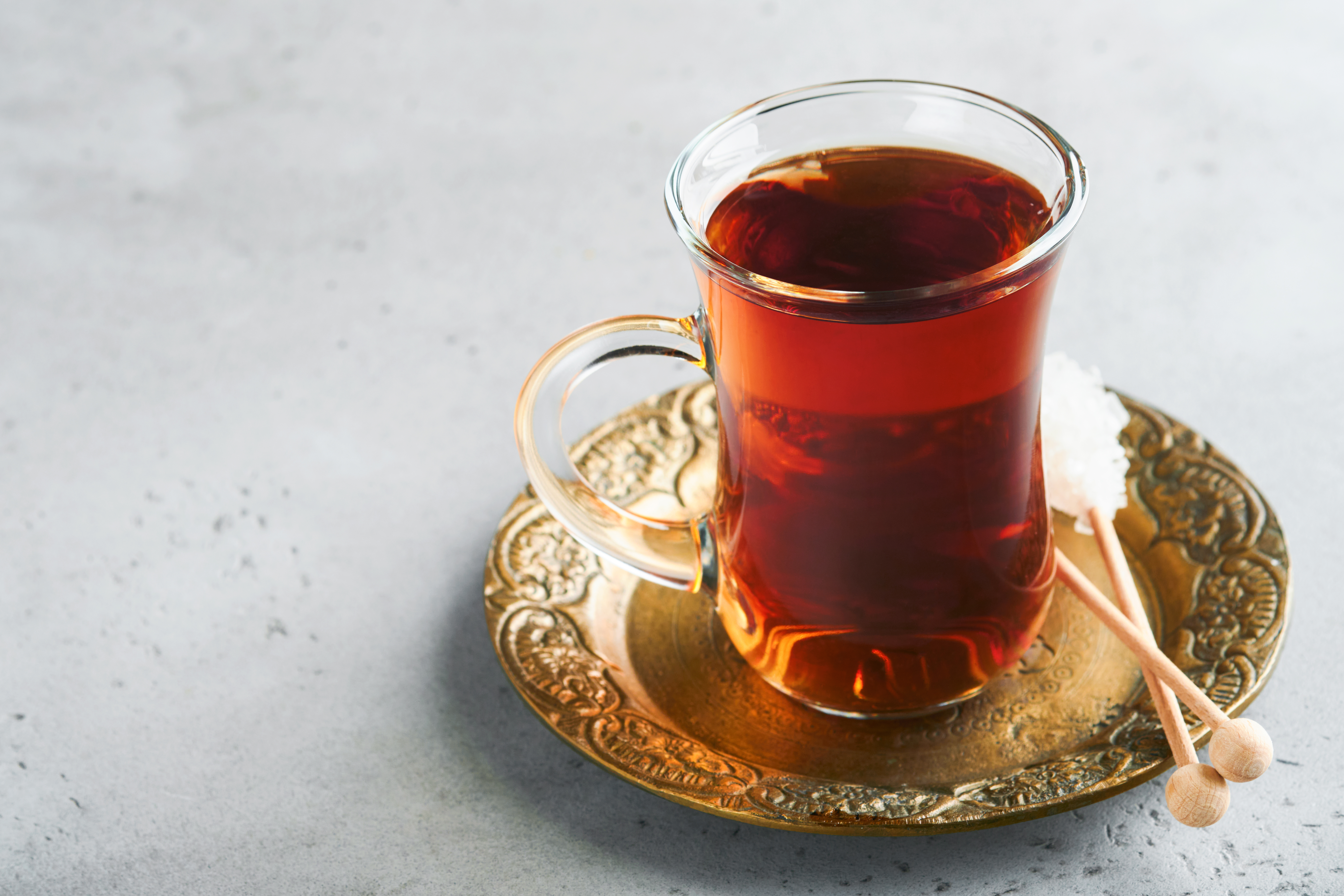
While often overshadowed by its green counterpart, black tea is equally potent in promoting heart health. Black tea contains theaflavins, a type of antioxidant formed during the fermentation process, which are effective in lowering LDL cholesterol. Regular consumption of black tea has been linked to a decrease in total cholesterol levels and improved arterial function. A study published in the Journal of Nutrition found that participants who drank black tea for three weeks experienced a significant drop in LDL cholesterol. Black tea is also rich in flavonoids, which have been shown to reduce inflammation and improve blood vessel function. Its bold flavor and energizing properties make it a popular choice for a morning or afternoon pick-me-up. Incorporating black tea into your daily routine can be a simple yet effective strategy for enhancing heart health.
3. Oat Milk: The Creamy Cholesterol Fighter
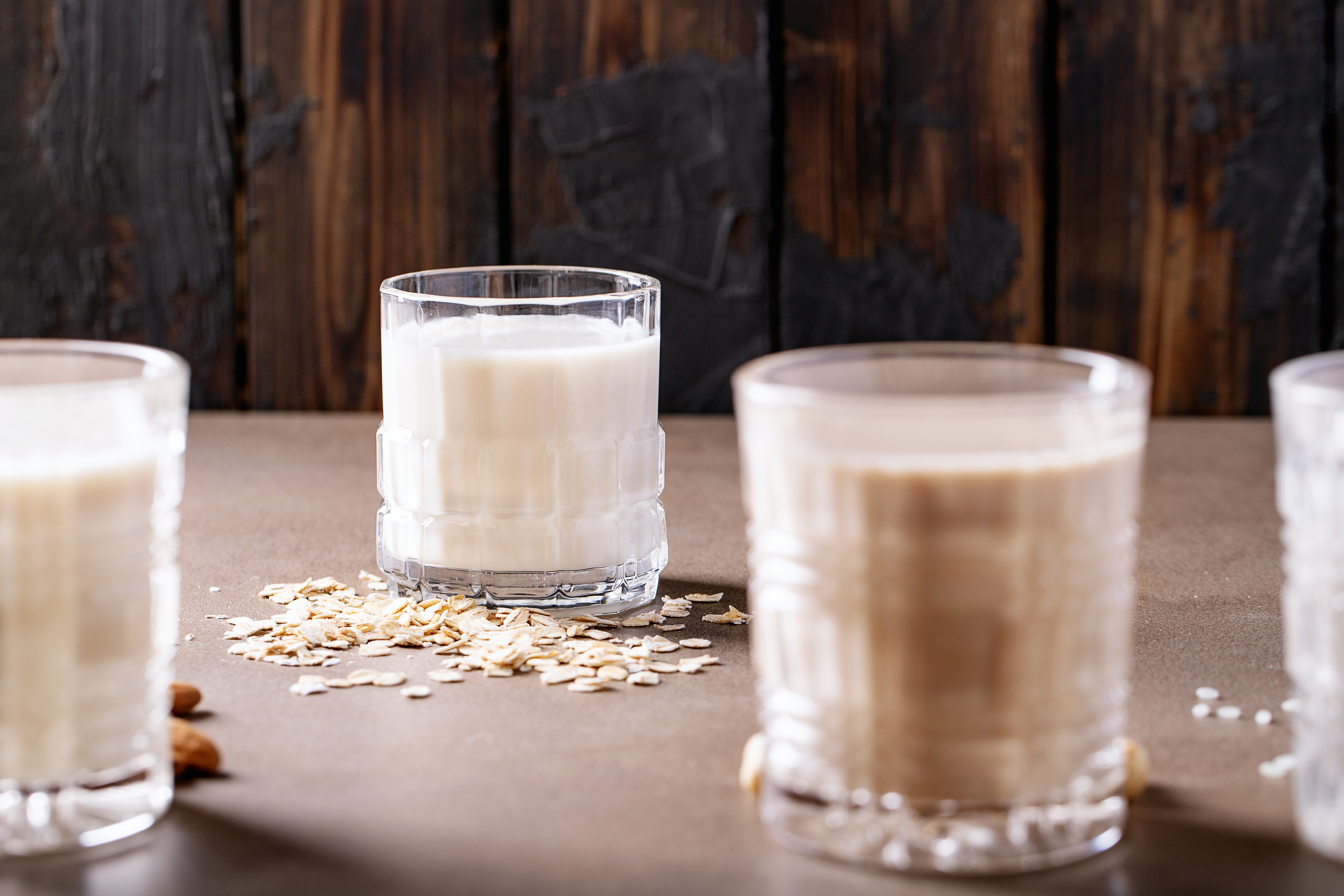
Oat milk, a plant-based alternative to dairy, has gained popularity not only for its creamy texture but also for its cholesterol-lowering properties. This beverage is rich in beta-glucans, a type of soluble fiber that binds to cholesterol in the gut, preventing its absorption into the bloodstream. Studies have shown that consuming oat milk regularly can lead to a significant reduction in LDL cholesterol levels. Beyond its heart health benefits, oat milk is also a good source of vitamins and minerals, including calcium and vitamin D, making it an excellent choice for those seeking a nutritious plant-based milk. Its versatility allows it to be used in coffee, smoothies, and cooking, making it easy to incorporate into a variety of dietary preferences. For those looking to reduce cholesterol without sacrificing taste, oat milk offers a delicious and effective solution.
4. Red Wine: A Toast to Heart Health

In moderation, red wine is celebrated for its heart health benefits, largely due to its high content of resveratrol, a powerful antioxidant found in grape skins. Resveratrol has been shown to lower LDL cholesterol and increase high-density lipoprotein (HDL), the 'good' cholesterol. Additionally, red wine contains other polyphenols that contribute to cardiovascular health by improving endothelial function and reducing inflammation. Studies indicate that moderate red wine consumption, defined as one glass per day for women and two for men, may reduce the risk of heart disease. However, it's important to note that excessive alcohol consumption can negate these benefits and lead to other health issues. For those who enjoy an occasional glass of wine, choosing red can be a heart-healthy choice, but moderation is key to reaping the benefits without adverse effects.
5. Pomegranate Juice: A Heart-Healthy Elixir
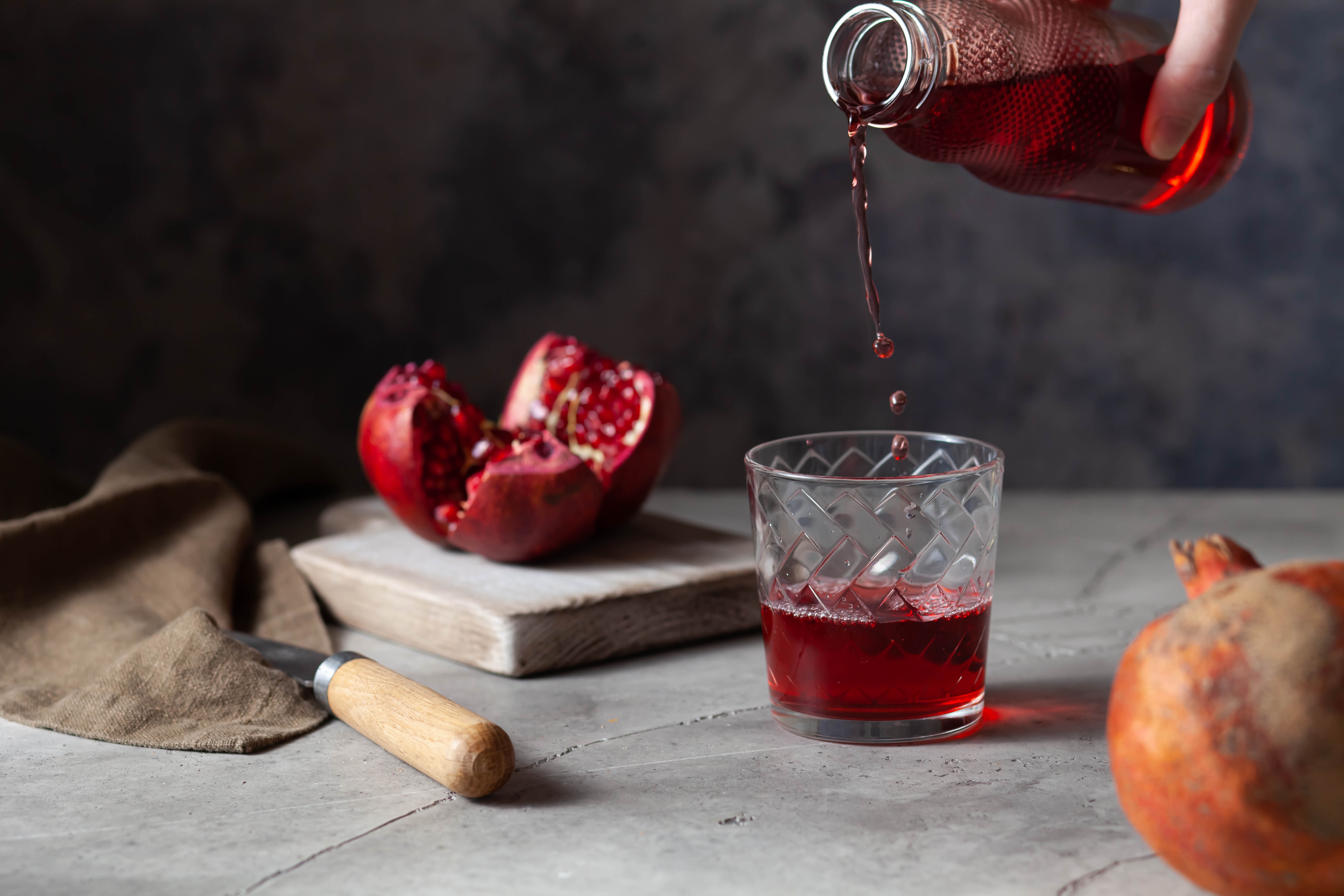
Pomegranate juice is often hailed as a superfood, packed with antioxidants that offer numerous health benefits. The juice is rich in polyphenols, particularly punicalagins, which have been shown to lower LDL cholesterol and reduce arterial plaque buildup. Research suggests that regular consumption of pomegranate juice can improve heart health by enhancing blood flow and reducing blood pressure. The vibrant red juice is not only delicious but also a powerful ally in the fight against cardiovascular disease. Its naturally sweet flavor makes it a refreshing choice for a morning beverage or an afternoon pick-me-up. In addition to its heart health benefits, pomegranate juice is also known for its anti-inflammatory properties and ability to boost overall immunity. When choosing pomegranate juice, opt for pure, unsweetened varieties to maximize its health benefits without added sugars.
6. Tomato Juice: The Lycopene Advantage
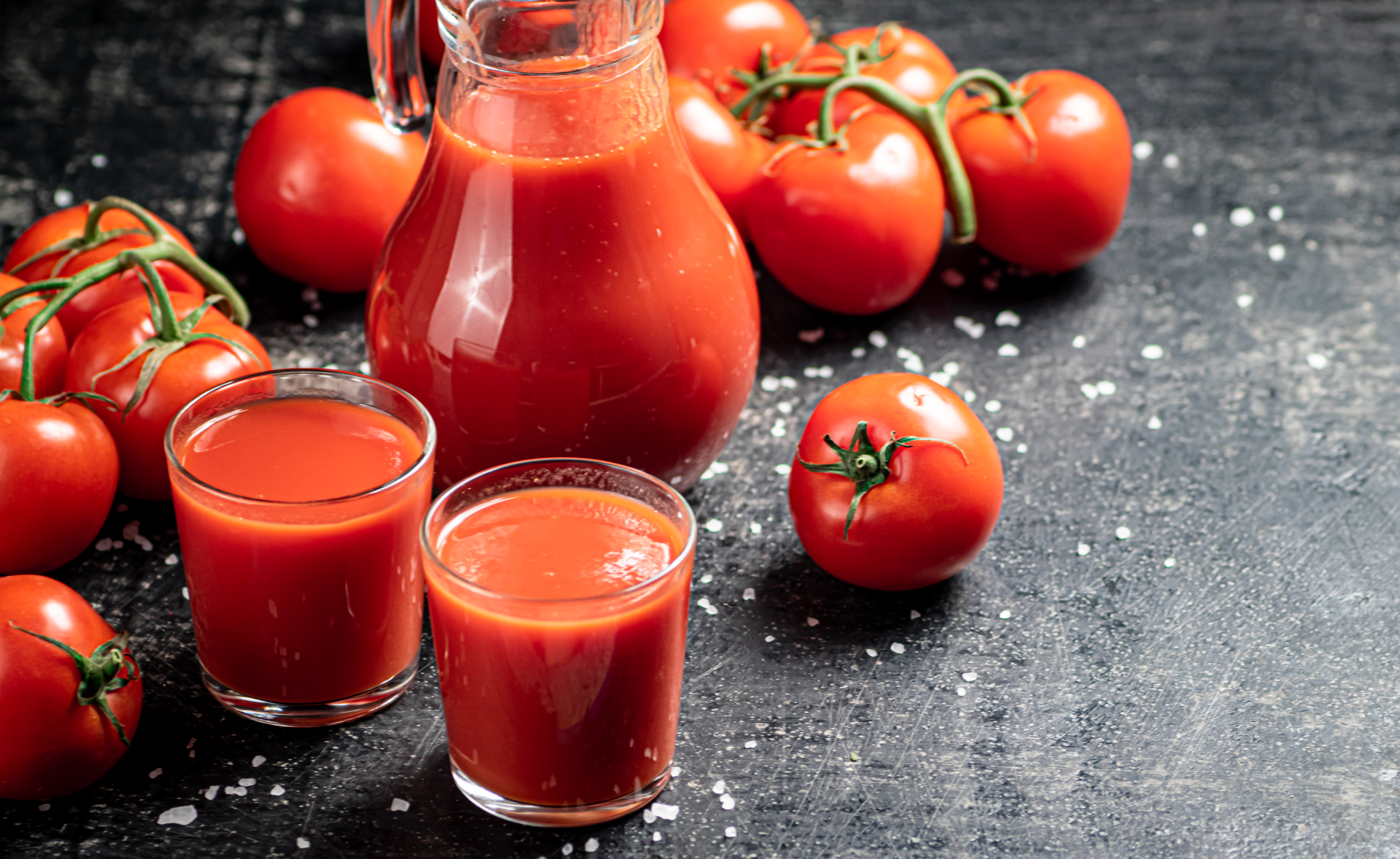
Tomato juice, often overlooked as a health beverage, is rich in lycopene, a powerful antioxidant known for its cholesterol-lowering effects. Lycopene has been shown to reduce LDL cholesterol levels and improve cardiovascular health by enhancing the flexibility of blood vessels. Studies have demonstrated that consuming tomato juice regularly can lead to a significant reduction in LDL cholesterol and a decrease in blood pressure. Beyond its cholesterol-lowering properties, tomato juice is also a good source of vitamins A and C, potassium, and folate, making it a nutrient-dense choice for those seeking to improve their heart health. Its savory flavor and versatility make it a popular ingredient in smoothies and soups, or enjoyed on its own as a refreshing beverage. For those looking to harness the heart health benefits of lycopene, tomato juice offers a delicious and effective solution.
7. Soy Milk: Plant-Based Heart Health
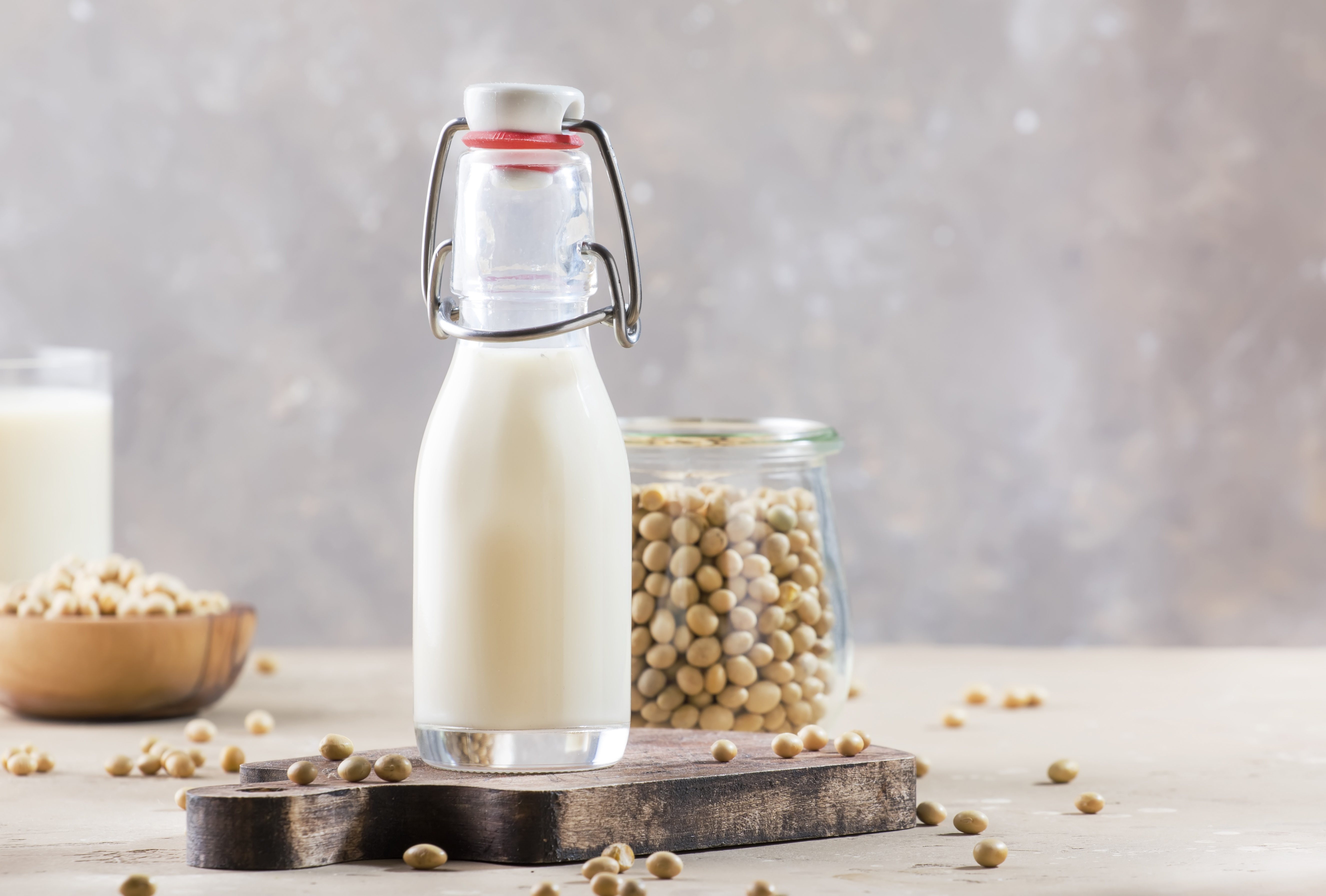
Soy milk, a popular dairy alternative, is known for its cholesterol-lowering properties. Rich in isoflavones, soy milk has been shown to reduce LDL cholesterol levels and improve overall heart health. Isoflavones are plant compounds that mimic the effects of estrogen in the body, helping to reduce cholesterol levels and improve arterial function. Studies indicate that consuming soy milk regularly can lead to a significant reduction in LDL cholesterol and a decrease in the risk of heart disease. Beyond its heart health benefits, soy milk is also a good source of protein, vitamins, and minerals, making it a nutritious choice for those seeking a plant-based milk. Its mild flavor and creamy texture make it a versatile ingredient for smoothies, coffee, and cooking. For those looking to reduce cholesterol and improve heart health, soy milk offers a delicious and effective solution.
8. Cranberry Juice: A Tart Solution
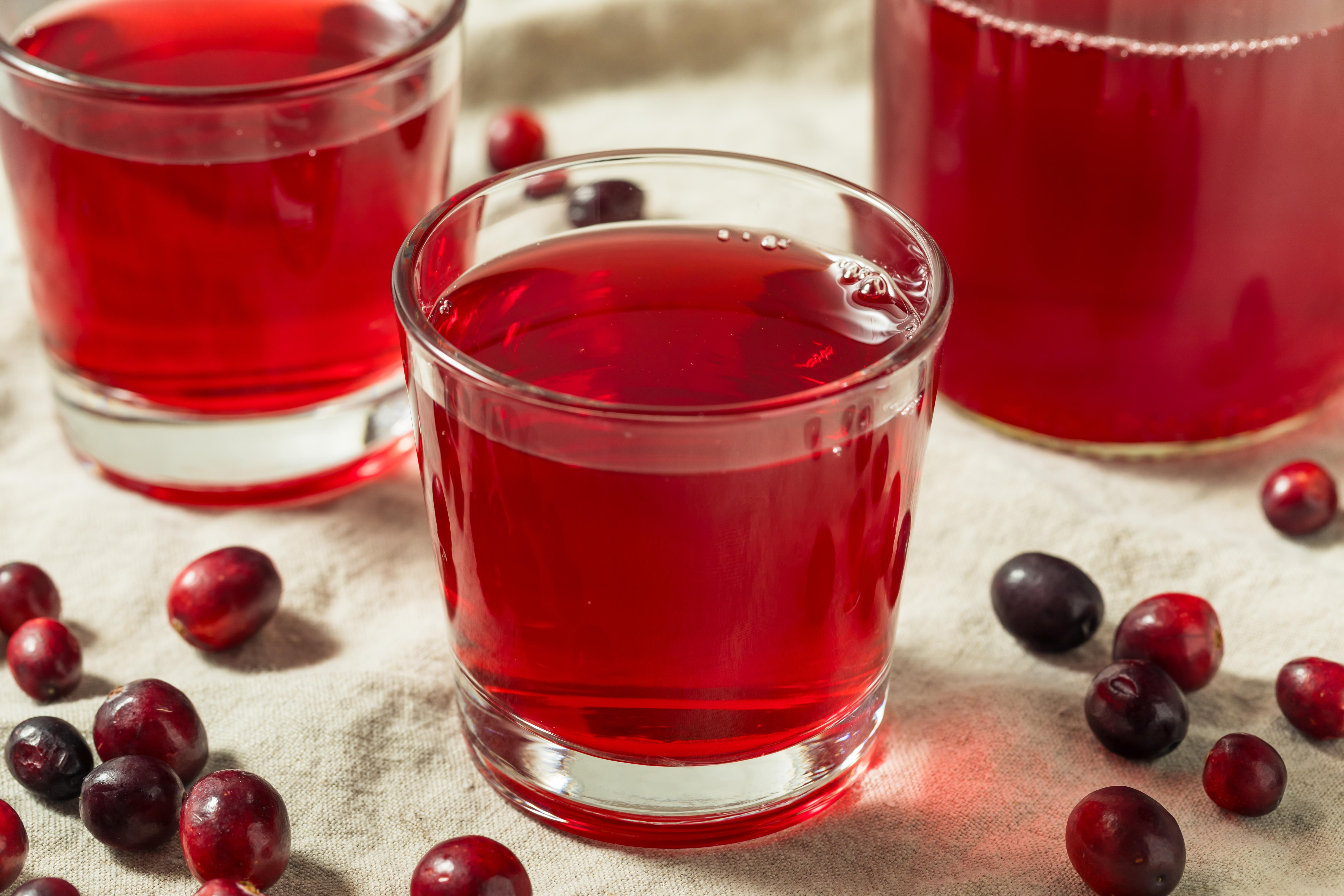
Cranberry juice, known for its tart flavor and vibrant color, is a surprising ally in the fight against high cholesterol. Rich in antioxidants, particularly proanthocyanidins, cranberry juice has been shown to lower LDL cholesterol levels and improve cardiovascular health. Studies suggest that regular consumption of cranberry juice can enhance blood vessel function and reduce the risk of heart disease. Beyond its cholesterol-lowering properties, cranberry juice is also known for its ability to prevent urinary tract infections and boost overall immunity. Its tart flavor makes it a refreshing choice for a morning beverage or an afternoon pick-me-up. When choosing cranberry juice, opt for pure, unsweetened varieties to maximize its health benefits without added sugars. For those looking to reduce cholesterol and improve heart health, cranberry juice offers a delicious and effective solution.
9. Dark Chocolate Drink: Indulge for Health
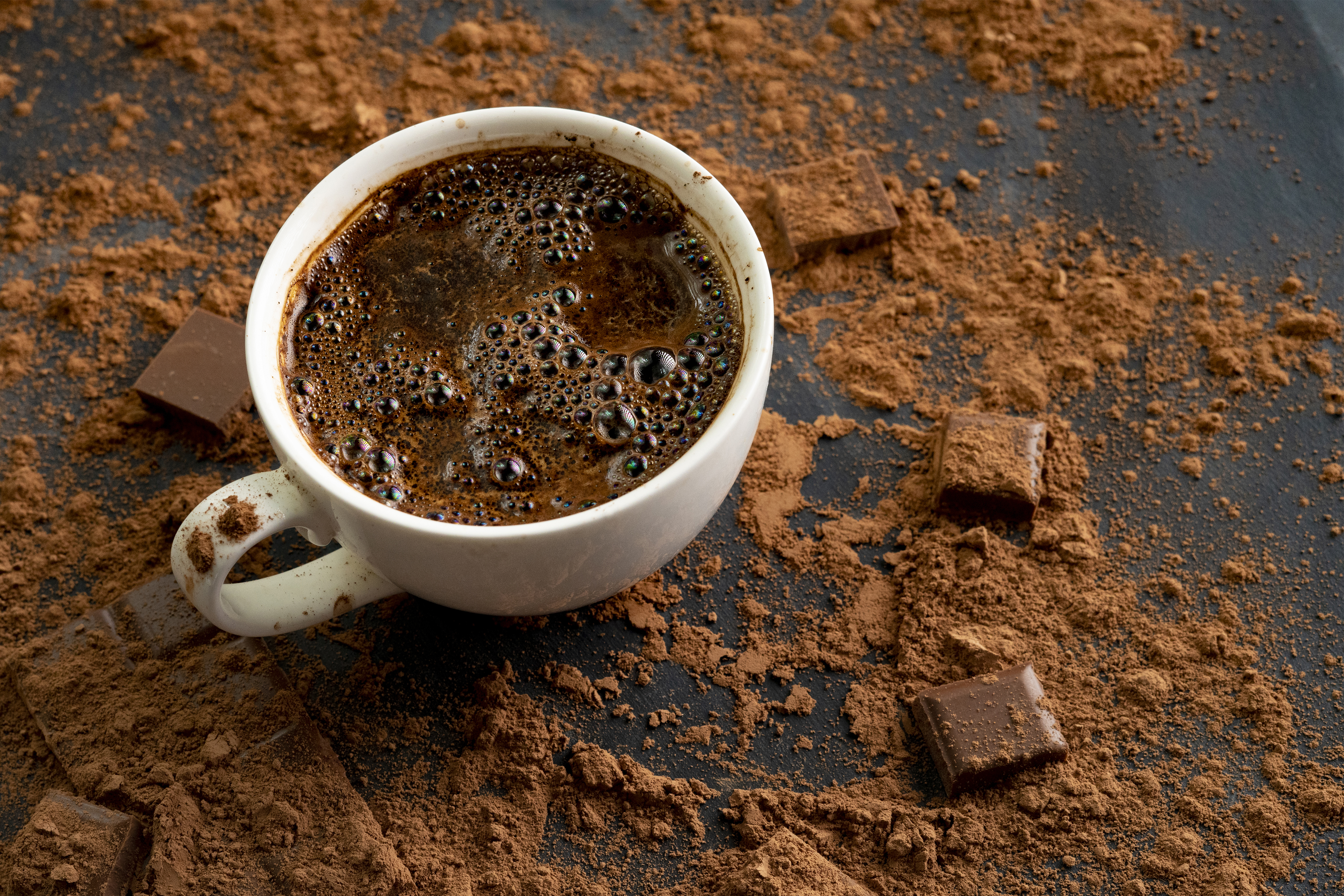
Dark chocolate, often considered a decadent treat, can be a surprising ally in lowering cholesterol. A dark chocolate drink, made with high-quality cocoa, is rich in flavonoids, particularly epicatechin, which have been shown to reduce LDL cholesterol and improve cardiovascular health. Flavonoids help to improve blood vessel function and reduce inflammation, contributing to overall heart health. Studies suggest that consuming dark chocolate in moderation can lead to a significant reduction in LDL cholesterol and a decrease in the risk of heart disease. Beyond its heart health benefits, dark chocolate is also known for its ability to improve mood and cognitive function. Its rich flavor and creamy texture make it a delicious choice for those seeking a heart-healthy indulgence. When choosing a dark chocolate drink, opt for varieties with at least 70% cocoa content to maximize its health benefits.
10. Hibiscus Tea: A Floral Remedy
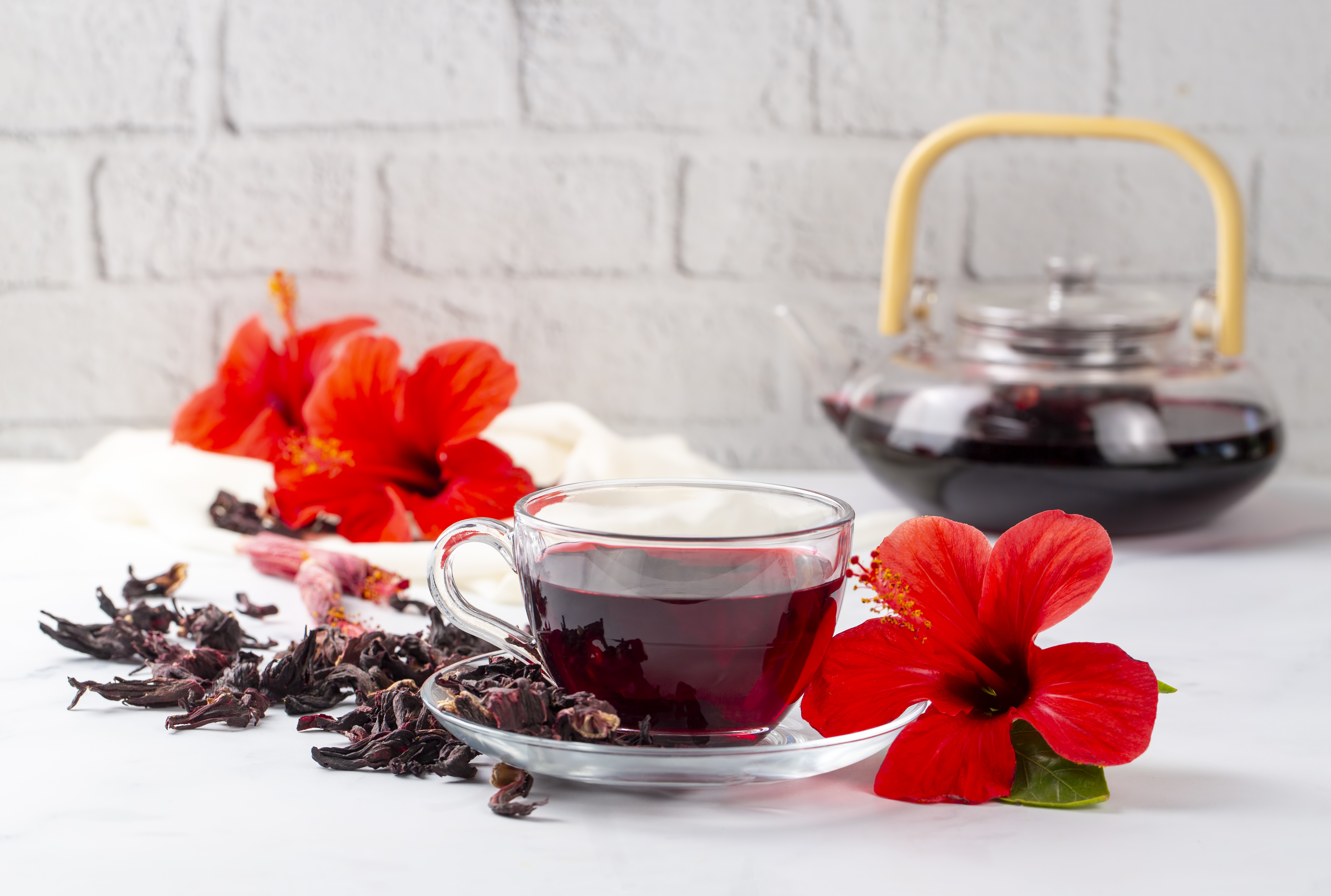
Hibiscus tea, made from the dried petals of the hibiscus flower, is a vibrant and flavorful beverage known for its cholesterol-lowering properties. Rich in antioxidants, particularly anthocyanins, hibiscus tea has been shown to reduce LDL cholesterol levels and improve cardiovascular health. Studies suggest that regular consumption of hibiscus tea can enhance blood vessel function and reduce blood pressure. Beyond its cholesterol-lowering properties, hibiscus tea is also known for its ability to boost overall immunity and improve liver health. Its tart flavor and vibrant color make it a refreshing choice for a morning beverage or an afternoon pick-me-up. For those looking to reduce cholesterol and improve heart health, hibiscus tea offers a delicious and effective solution.
11. Orange Juice: The Vitamin C Boost
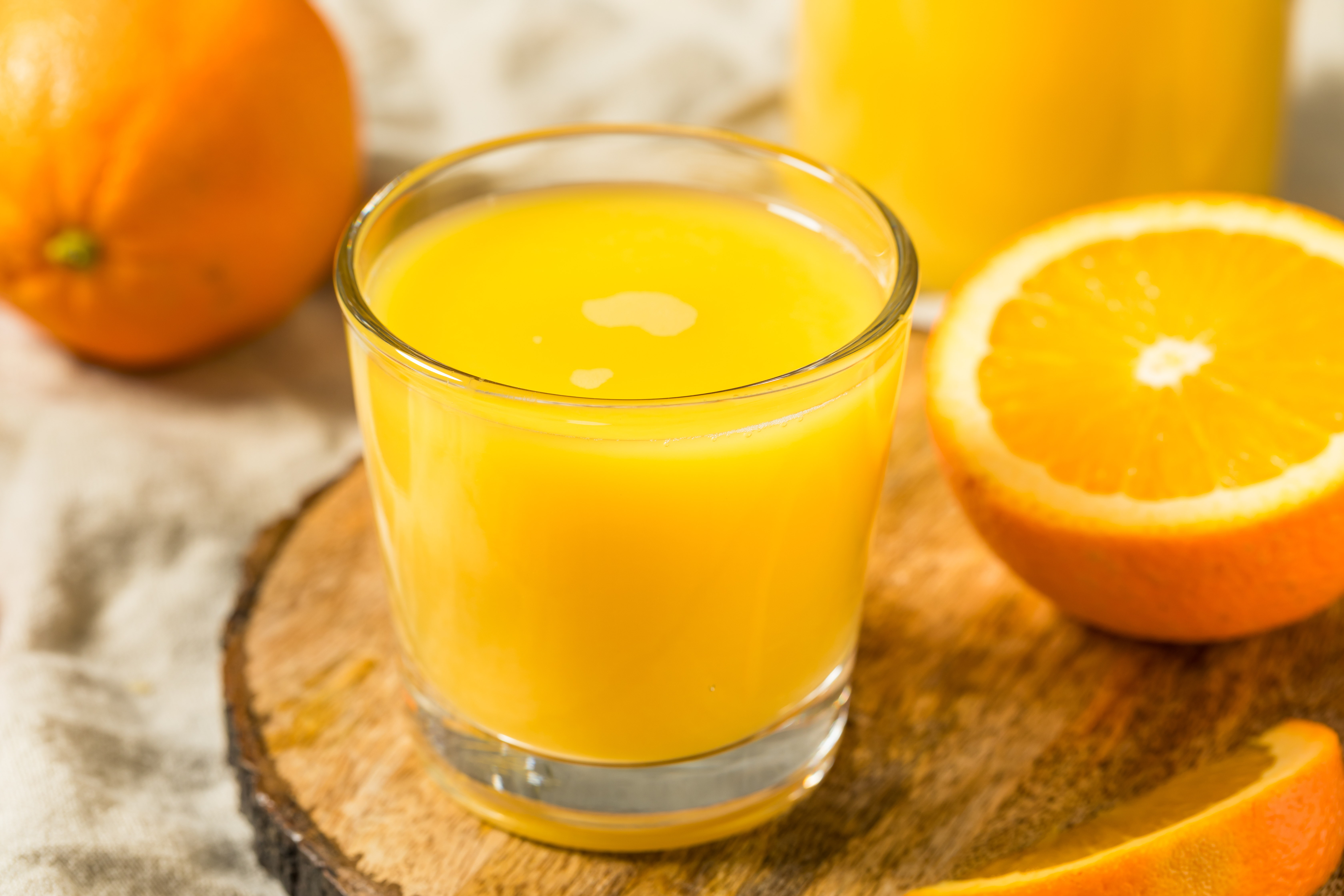
Orange juice, a breakfast staple, is more than just a source of vitamin C. It is also rich in hesperidin, a flavonoid known for its cholesterol-lowering properties. Hesperidin has been shown to reduce LDL cholesterol levels and improve cardiovascular health by enhancing blood vessel function. Studies suggest that consuming orange juice regularly can lead to a significant reduction in LDL cholesterol and a decrease in the risk of heart disease. Beyond its heart health benefits, orange juice is also known for its ability to boost overall immunity and improve skin health. Its sweet flavor and refreshing taste make it a popular choice for a morning beverage or an afternoon pick-me-up. For those looking to reduce cholesterol and improve heart health, orange juice offers a delicious and effective solution.
12. Beetroot Juice: The Nitrate Advantage
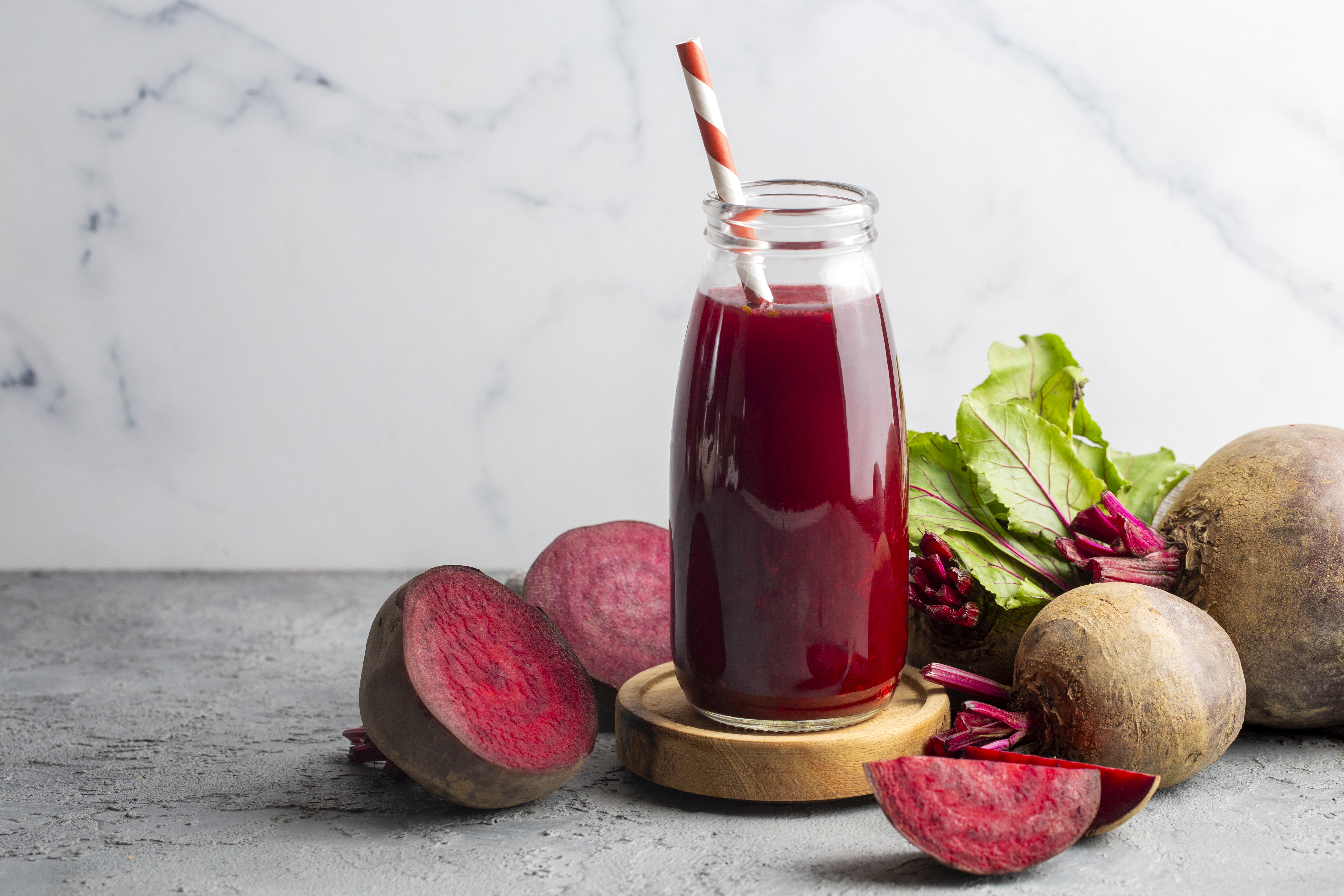
Beetroot juice, known for its vibrant color and earthy flavor, is a surprising ally in the fight against high cholesterol. Rich in nitrates, beetroot juice has been shown to lower LDL cholesterol levels and improve cardiovascular health by enhancing blood vessel function. Nitrates help to improve blood flow and reduce blood pressure, contributing to overall heart health. Studies suggest that regular consumption of beetroot juice can lead to a significant reduction in LDL cholesterol and a decrease in the risk of heart disease. Beyond its heart health benefits, beetroot juice is also known for its ability to improve athletic performance and boost overall immunity. Its earthy flavor and vibrant color make it a refreshing choice for a morning beverage or an afternoon pick-me-up. For those looking to reduce cholesterol and improve heart health, beetroot juice offers a delicious and effective solution.
Sip Your Way to a Healthier Heart

Incorporating these 12 surprising drinks into your daily routine can offer a simple yet effective way to lower bad cholesterol and improve heart health. Each beverage, from the antioxidant-rich green tea to the nitrate-packed beetroot juice, provides unique benefits that contribute to overall cardiovascular wellness. By making mindful choices about what you drink, you can take a proactive step towards a healthier heart and a reduced risk of heart disease. Remember, moderation is key, and it's important to balance these beverages with a healthy diet and regular exercise for optimal results. As you sip your way to better health, you'll not only enjoy the delicious flavors of these drinks but also the peace of mind that comes with taking charge of your heart health. Cheers to a healthier you!